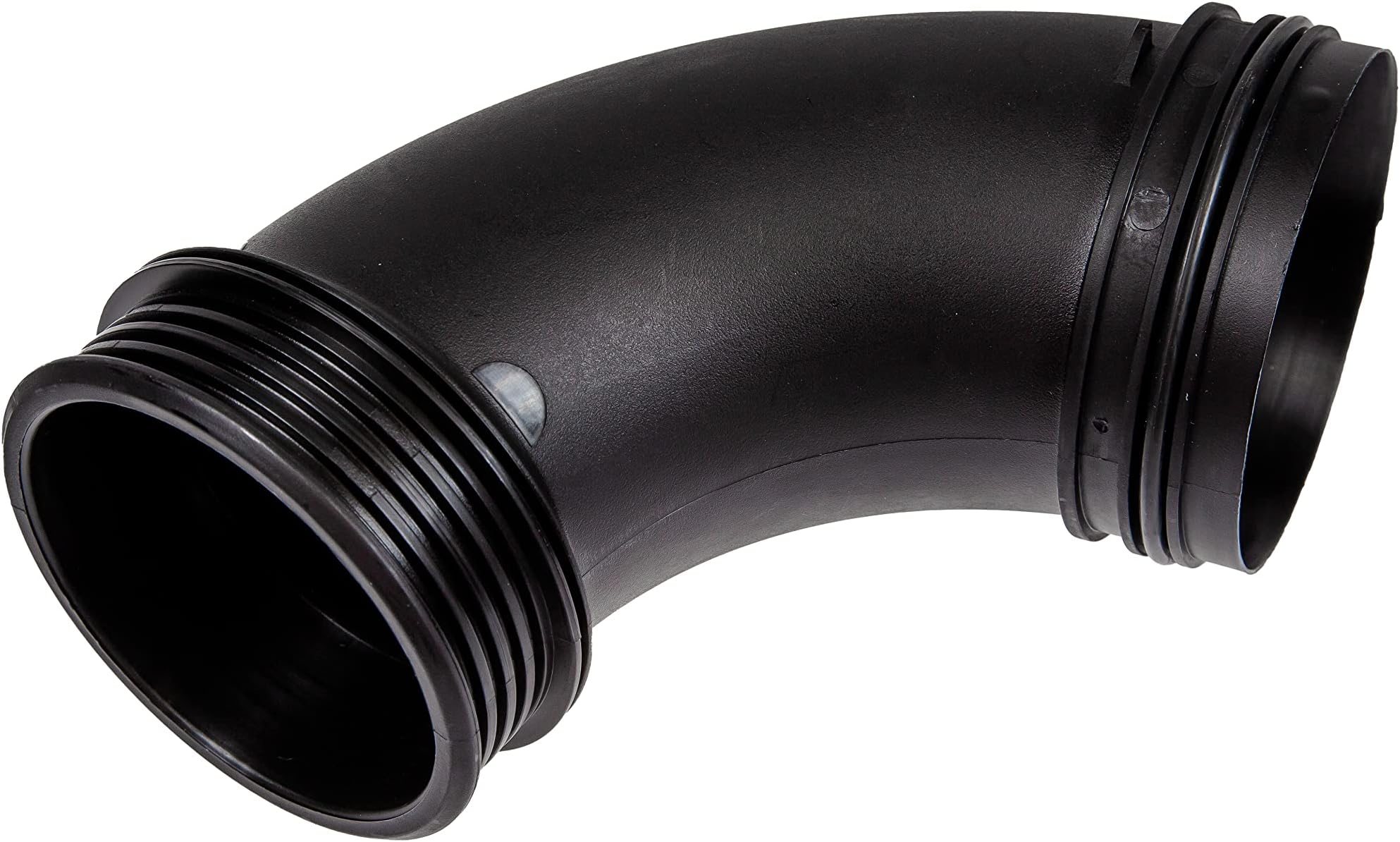So, you’re looking at Stihl backpack sprayers for your vineyard? Smart move. Keeping your vines healthy and productive requires efficient and reliable spraying, and a good backpack sprayer is a crucial piece of equipment. This guide dives deep into the specifics of Stihl’s offerings, focusing on what makes them stand out, what you need to consider, and how to get the most out of your investment. We’ll explore everything from the importance of engine torque to comparing Stihl against the competition, ensuring you’re well-informed before making your purchase.
Why Torque Matters in a Vineyard Backpack Sprayer

Before we get into the nitty-gritty of Stihl’s models, let’s talk about torque. In a vineyard setting, you’re not just spraying flat ground. You’re navigating rows of vines, potentially dealing with uneven terrain and slopes. This is where engine torque becomes critical. Torque is the twisting force that an engine produces. A higher torque rating means the engine can more easily overcome resistance, making it easier to spray consistently, especially when dealing with thicker solutions or challenging terrain. A sprayer with low torque will struggle, leading to inconsistent spraying and potential engine strain. Essentially, good torque translates to less effort on your part and a more efficient spraying process.
Stihl Backpack Sprayer Engine Options: A Detailed Look

Stihl doesn’t offer a huge range of dedicated vineyard backpack sprayers, but they do provide several models with powerful engines perfectly suited for the task. They generally utilize high-quality, two-stroke engines known for their reliability and power-to-weight ratio. Specific engine details (horsepower, displacement, etc.) will vary by model and year, so always refer to the manufacturer’s specifications for the exact sprayer you’re considering. Look for information on their website or contact your local Stihl dealer. Don’t hesitate to ask about the specific torque output, as this is a key performance indicator in this application.
Torque and Towing Specs: Understanding the Numbers

Unfortunately, Stihl doesn’t typically publish precise torque figures for their backpack sprayers in the way you might see for larger equipment. The marketing often focuses on horsepower and displacement. To get the real torque specs, contacting a Stihl dealer or looking at detailed technical manuals is necessary. While these sprayers aren’t designed for towing, understanding the engine’s power output helps you gauge its ability to handle the pressure and volume of the spraying system. A more powerful engine will effortlessly handle larger tank capacities and higher pressure settings without sacrificing performance.
Stihl vs. the Competition: A Fair Comparison
Several manufacturers produce backpack sprayers suitable for vineyards, including Solo, Field King, and Chapin. While direct, apples-to-apples comparisons are difficult without specifying exact models, Stihl generally competes on the higher end of the spectrum in terms of quality, power, and durability. Solo and Field King often offer more budget-friendly options, while Chapin is known for simpler, more basic models. The key differentiator with Stihl is often the robustness of their engines and the overall build quality. Stihl sprayers are designed to withstand the rigors of professional use, making them a worthwhile investment for larger vineyards or those who value longevity.
Consider these factors when comparing:
- Engine power and torque: How much power do you need for your specific needs and terrain?
- Tank capacity: How much solution do you need to carry per fill?
- Spray pattern and nozzle options: Do you need adjustable nozzles for varying needs?
- Durability and build quality: How long do you expect the sprayer to last?
- Warranty and after-sales service: Stihl often has a strong warranty and dealer network.
Practical Advice for Using Your Stihl Backpack Sprayer

Once you’ve chosen your Stihl backpack sprayer, remember these tips for optimal performance and longevity:
- Proper Mixing: Always follow the manufacturer’s instructions for mixing pesticides and other solutions. Incorrect mixing can damage the sprayer or reduce its effectiveness.
- Regular Maintenance: Clean the sprayer thoroughly after each use to prevent clogs and corrosion. Refer to the owner’s manual for specific maintenance schedules.
- Fuel and Oil: Use the correct fuel and oil mixture for your engine. Incorrect mixtures can damage the engine and void the warranty.
- Safety First: Always wear appropriate personal protective equipment (PPE), including gloves, eye protection, and a respirator when spraying pesticides.
- Terrain Awareness: Be mindful of the terrain and adjust your spraying technique accordingly. Avoid overworking the engine by tackling difficult areas slowly and methodically.
- Storage: Store your sprayer in a clean, dry place out of direct sunlight to prolong its lifespan.
Conclusion: Making the Right Choice
Choosing the right backpack sprayer is a crucial decision for any vineyard operation. Stihl offers reliable, high-quality equipment, but it’s essential to carefully consider your specific needs, budget, and the terrain you’ll be working in. By understanding the importance of torque, researching different models, and following proper maintenance practices, you can ensure your Stihl backpack sprayer provides years of efficient and reliable service, resulting in a healthier and more productive vineyard.